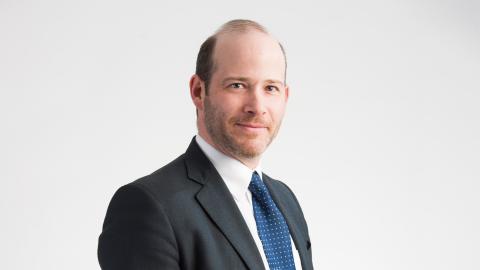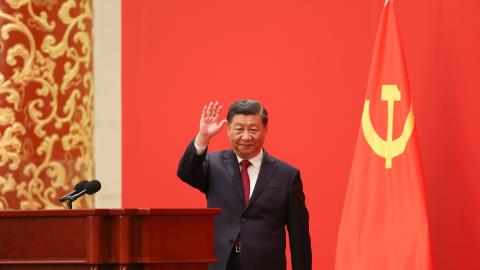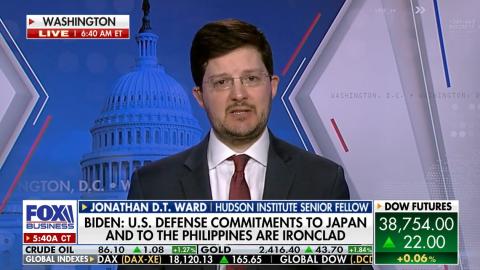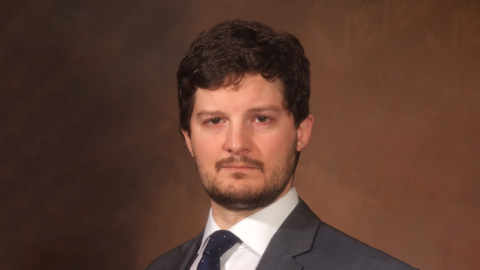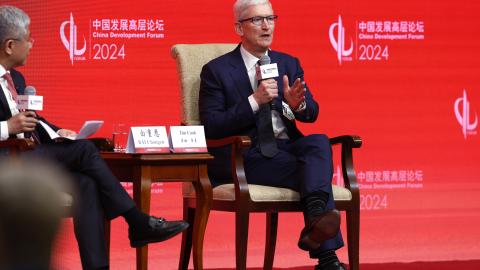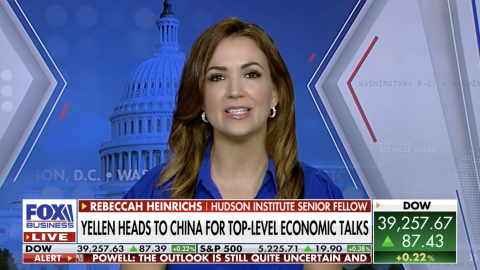
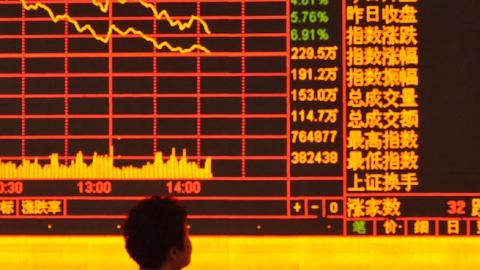
Related Events
25
April 2024
In-Person Event | Hudson Institute
Book Event: Tackling the China Challenge with Strength
Featured Speakers:
Michael Sobolik
Olivia Enos
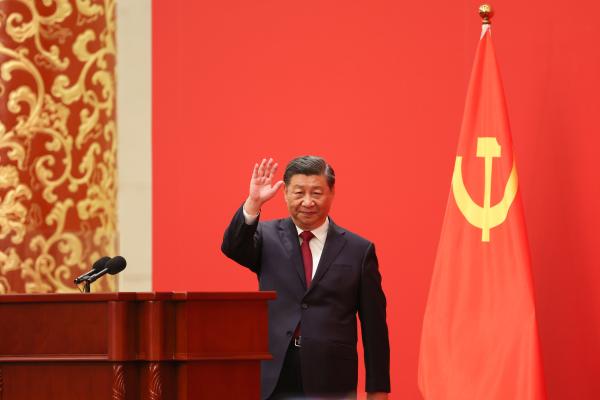
15
May 2024
In-Person Event | Hudson Institute
The Pernicious Impact of China’s Anti-Secession Law
Featured Speakers:
Michael R. Pompeo
Robert Tsao
Senator Tom Cotton
Vincent Chao
Moderator:
Miles Yu
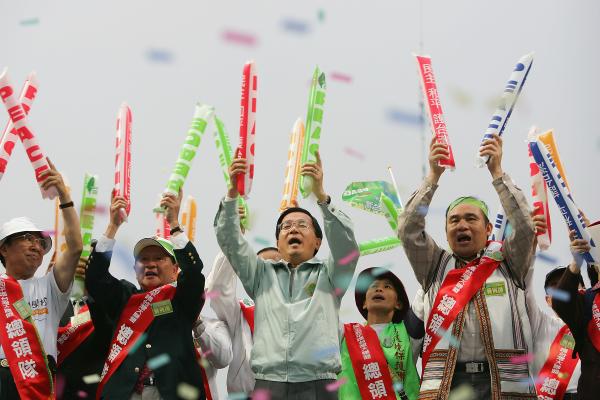
15
May 2024
In-Person Event | Hudson Institute
The Pernicious Impact of China’s Anti-Secession Law
Hudson Institute’s China Center and United Microelectronics Corporation founder Robert Tsao will host a conference with experts and policymakers to analyze China’s 2005 Anti-Secession Law.
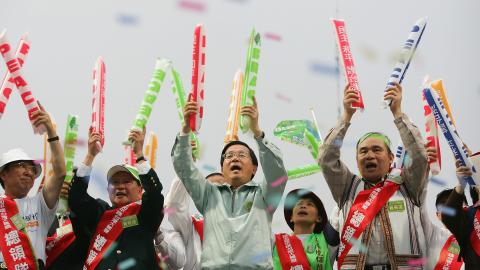
Featured Speakers:
Michael R. Pompeo
Robert Tsao
Senator Tom Cotton
Vincent Chao
Moderator:
Miles Yu
16
April 2024
Past Event
Prime Minister Petr Fiala on Transatlantic Relations, the War in Ukraine, and the US-Czech Alliance
Featured Speakers:
Petr Fiala
John P. Walters

16
April 2024
Past Event
Prime Minister Petr Fiala on Transatlantic Relations, the War in Ukraine, and the US-Czech Alliance
Join Hudson to hear Prime Minister Petr Fiala’s understanding of the current moment and a Czech prescription for transatlantic relations in turbulent times.

Featured Speakers:
Petr Fiala
John P. Walters
16
April 2024
Past Event
The Battle for the Black Sea Is Not Over
Featured Speakers:
Matthew Boyse
George Scutaru
Antonia Colibasanu
Moderator:
Luke Coffey















